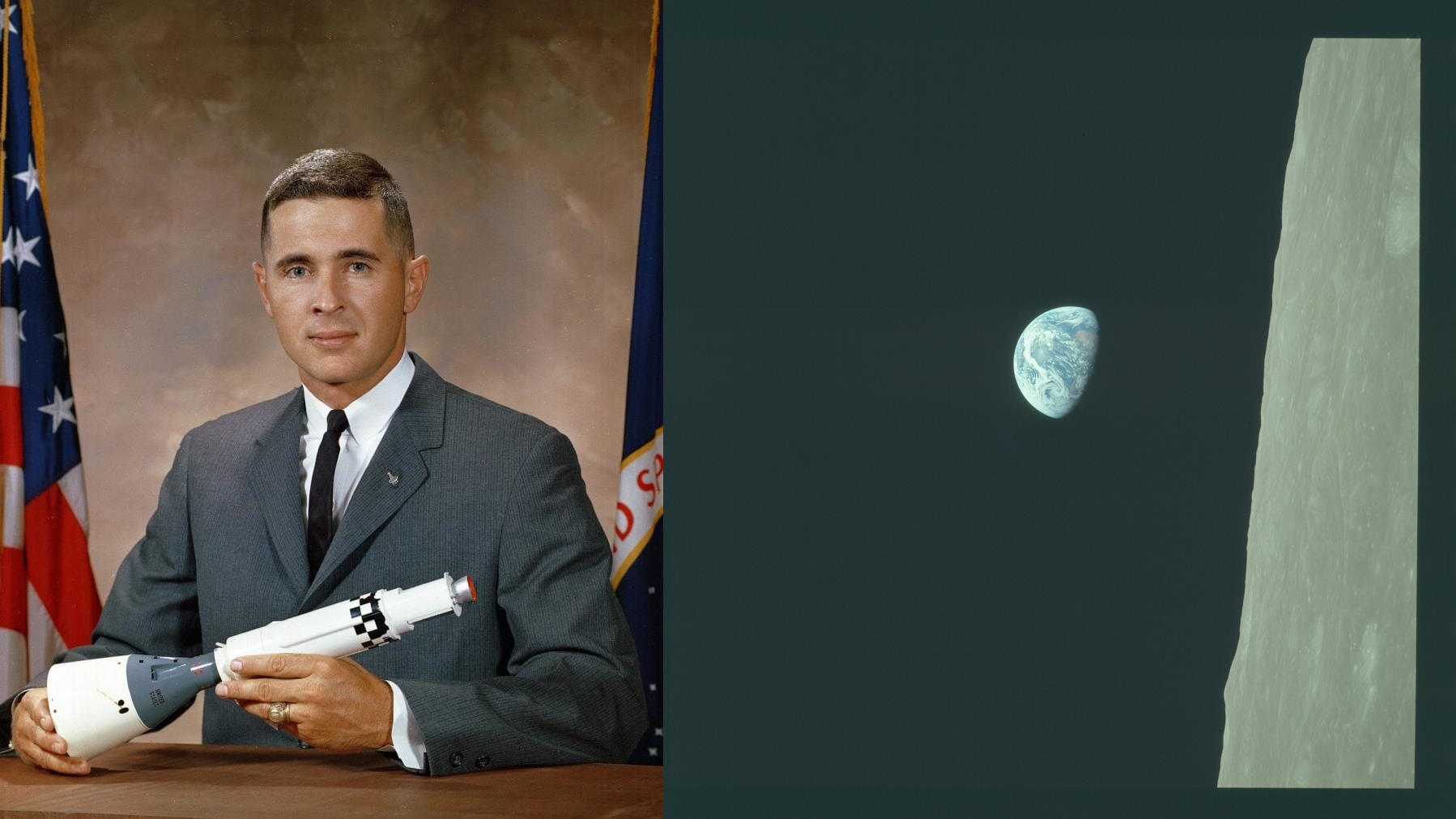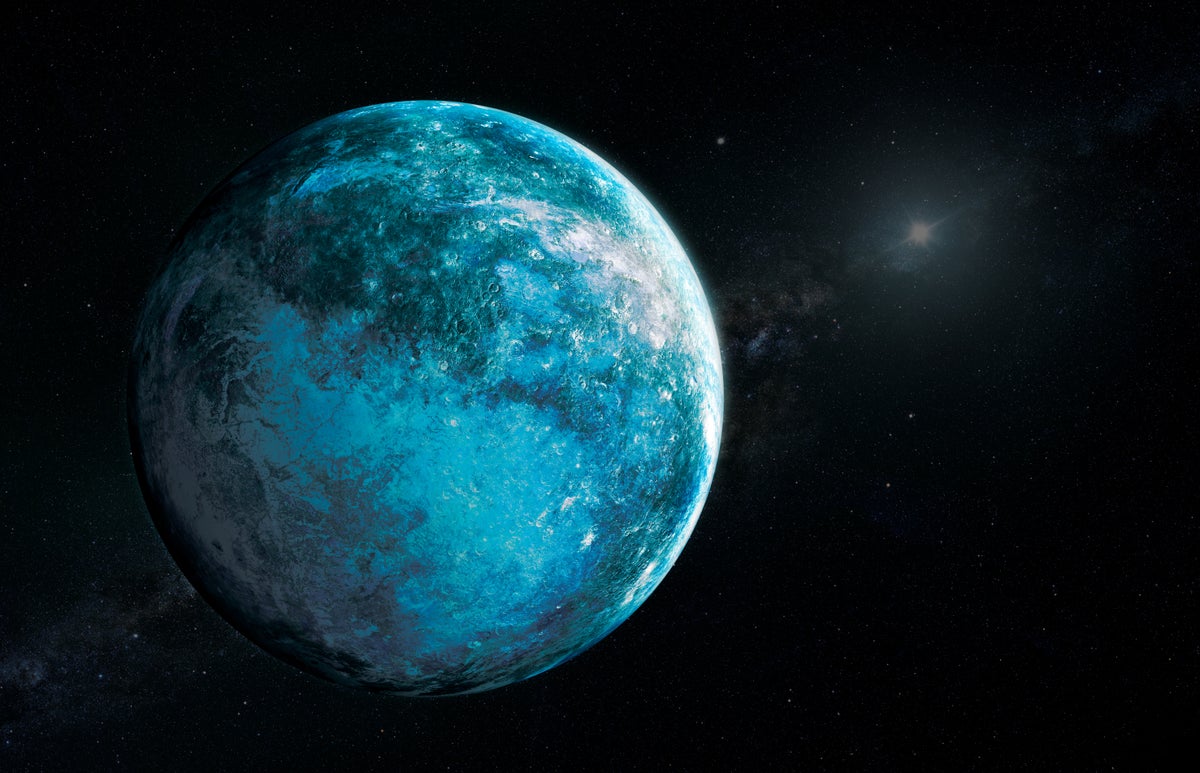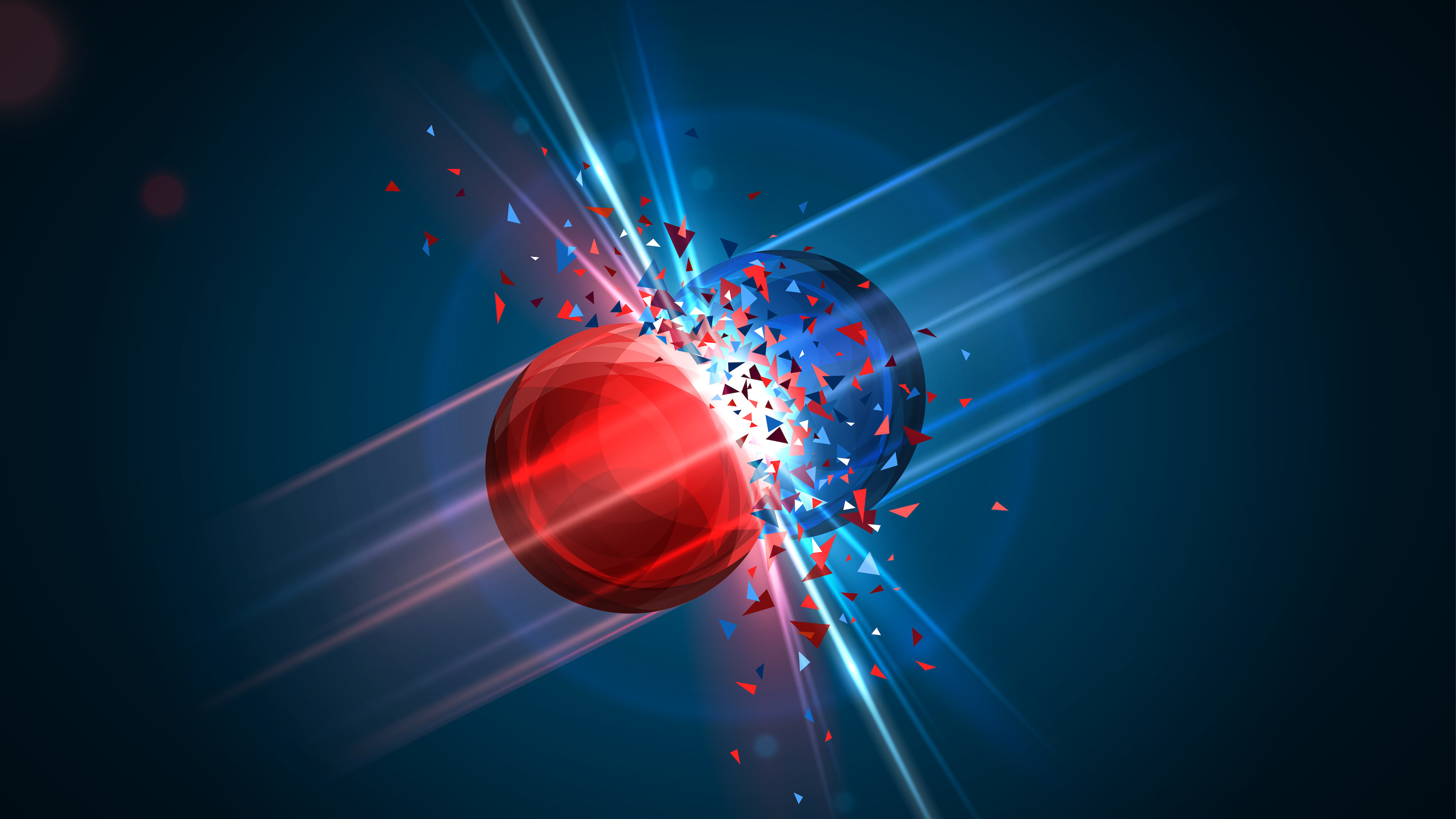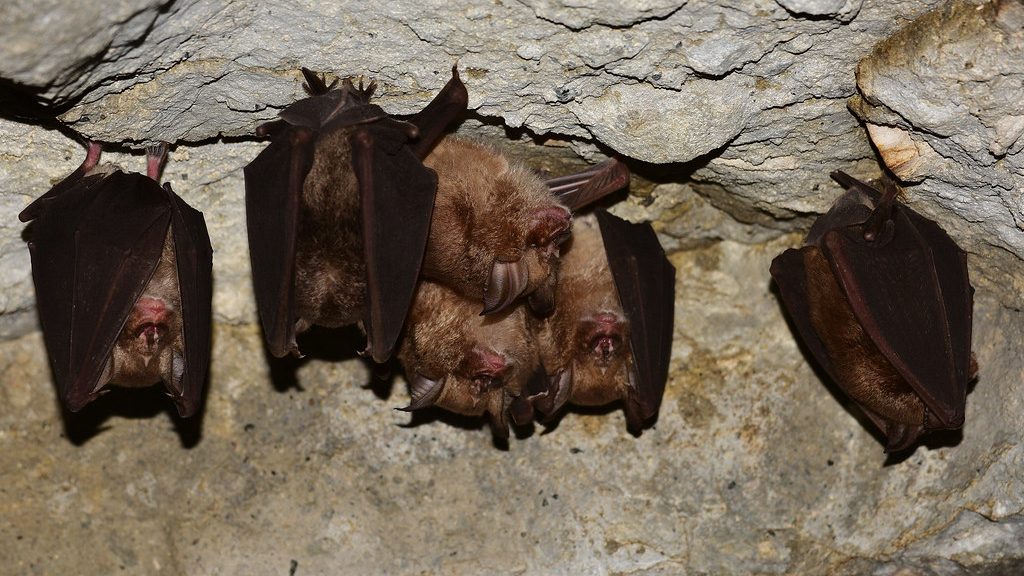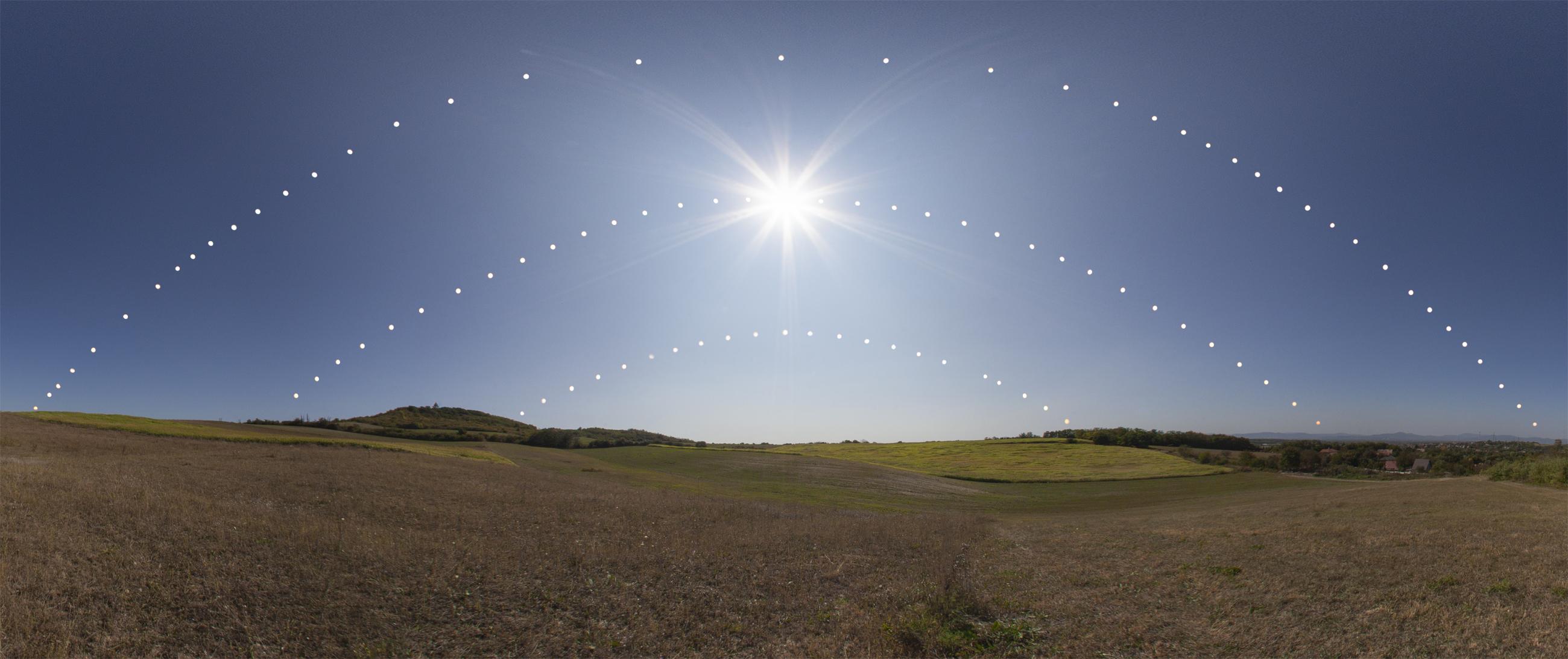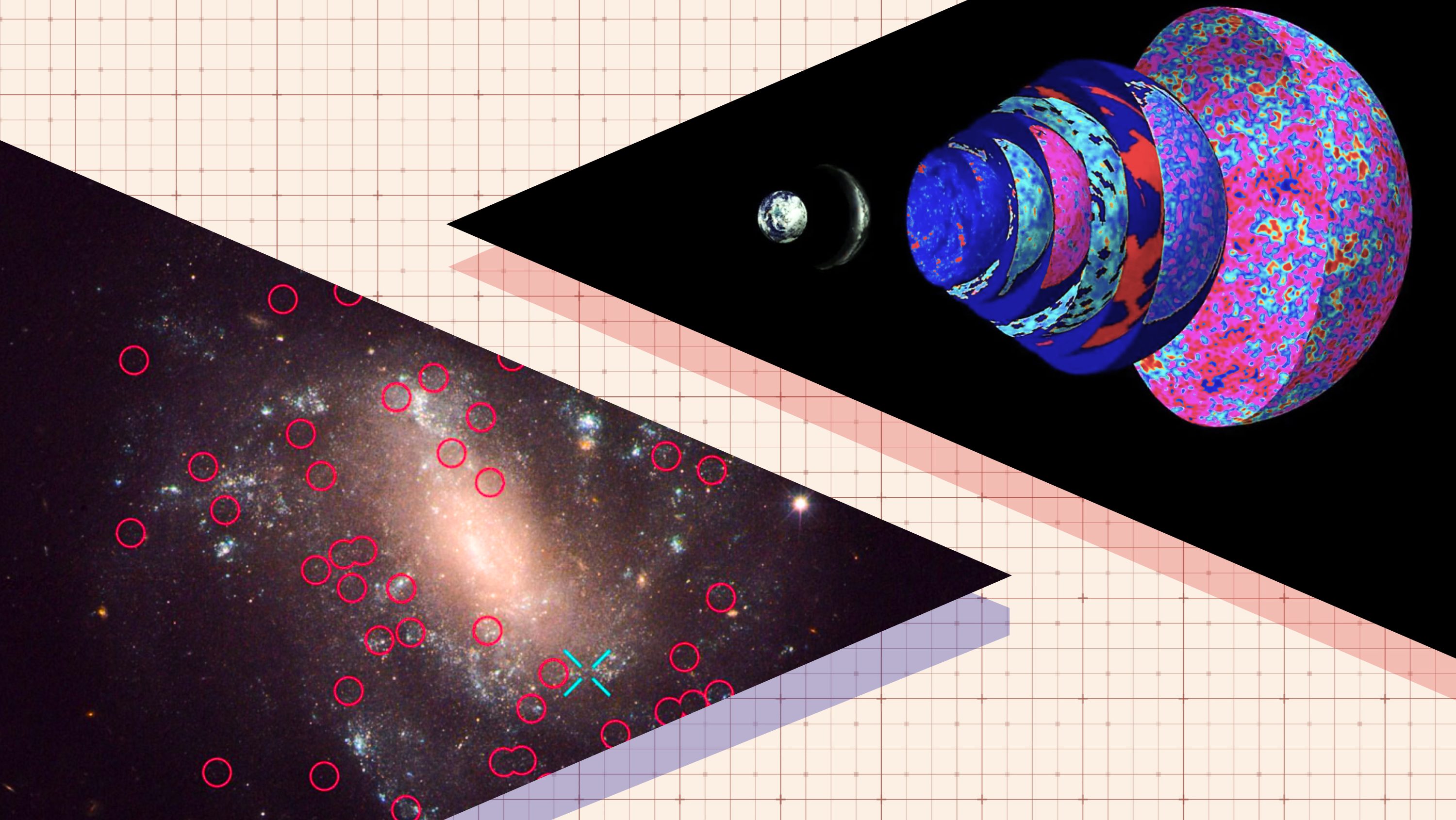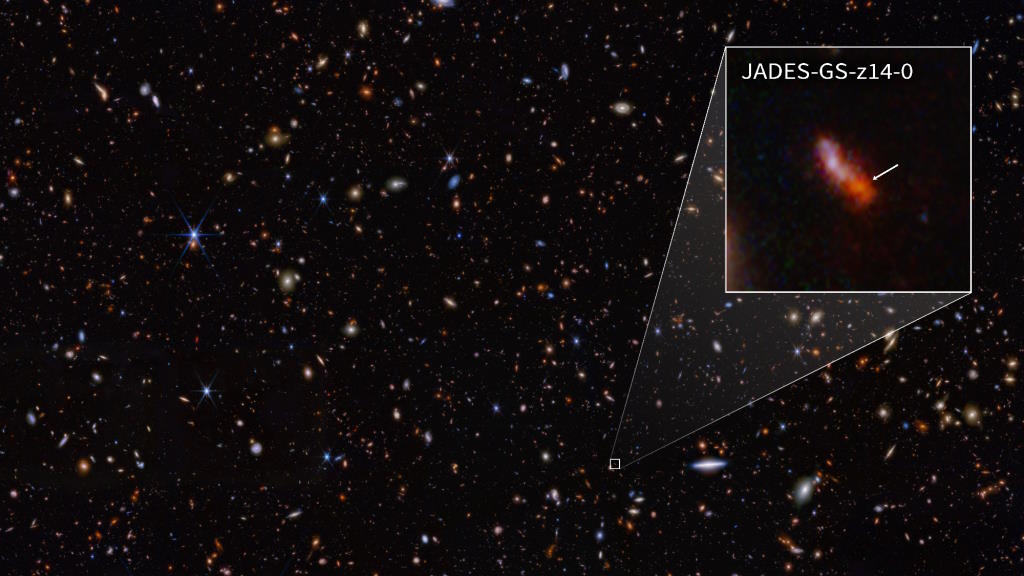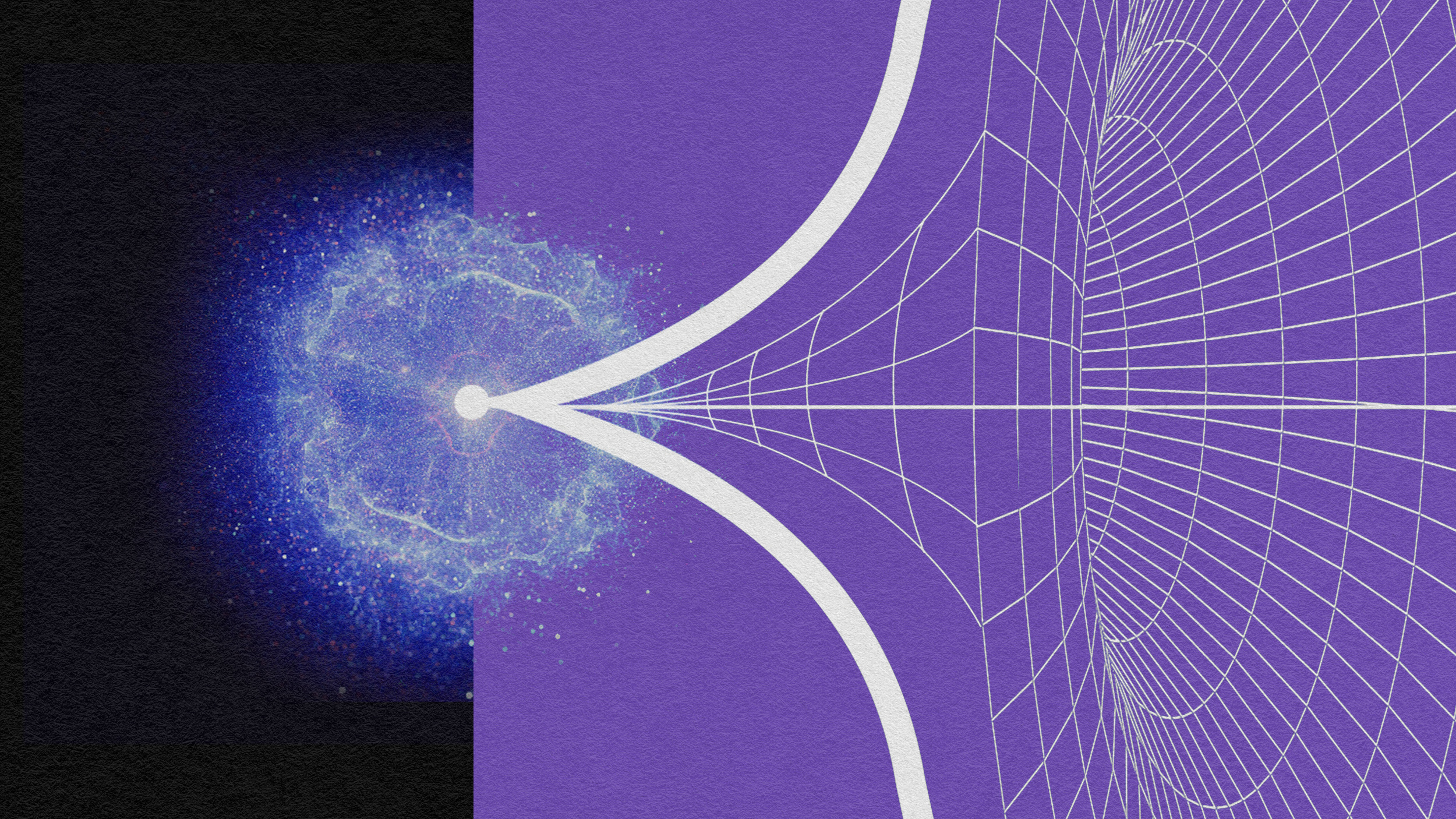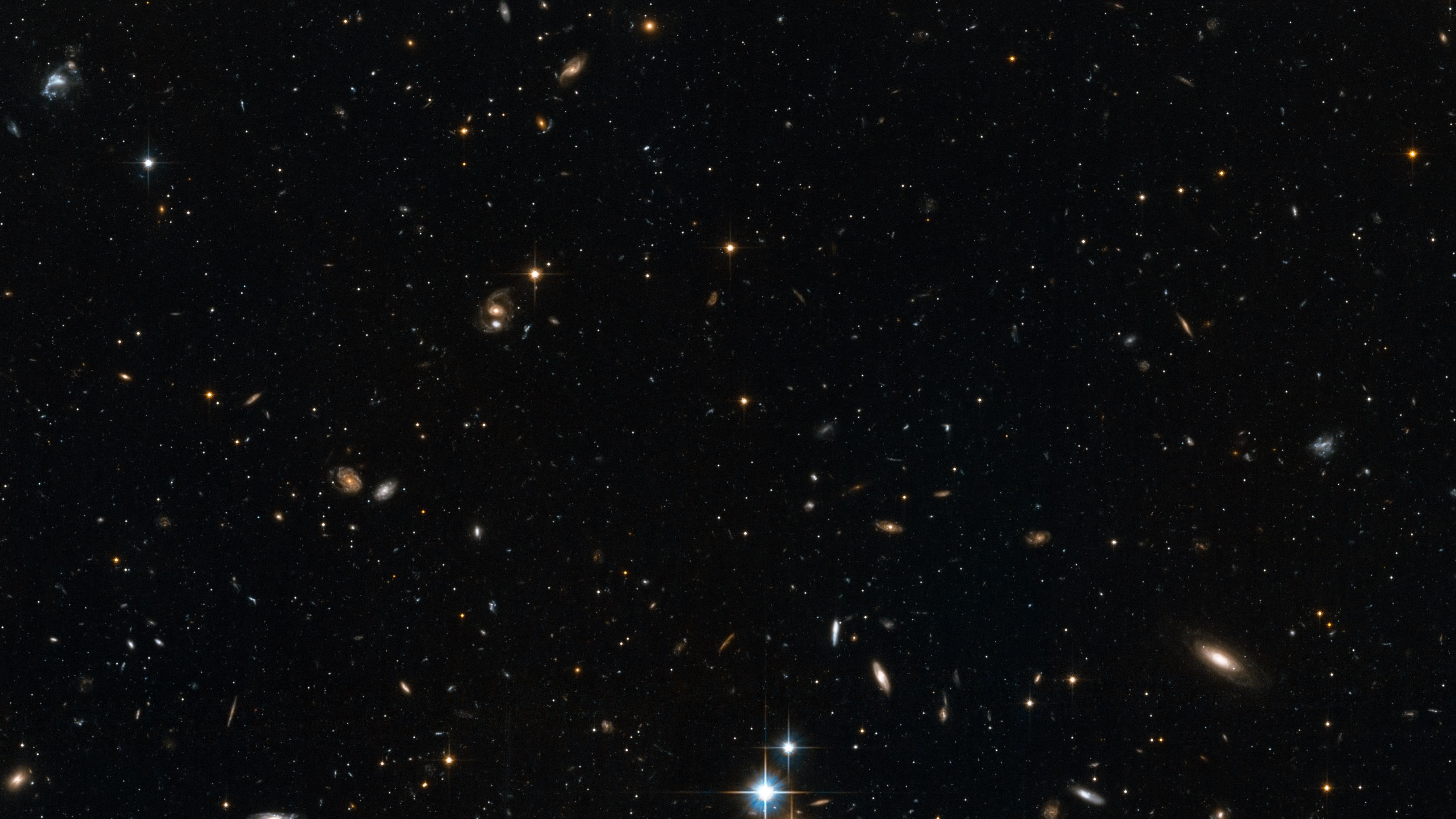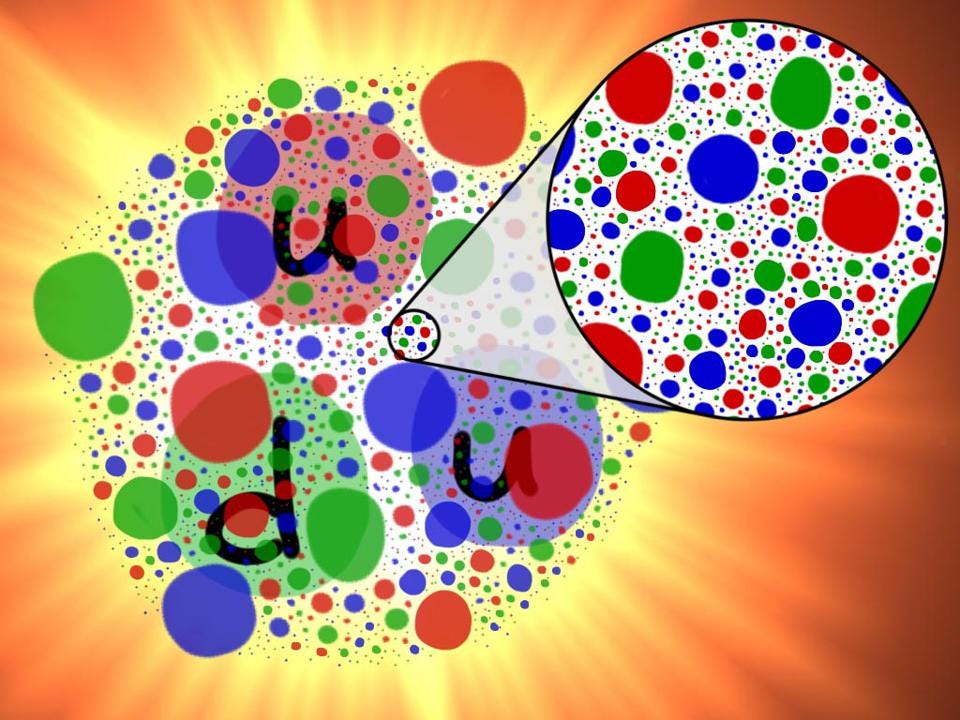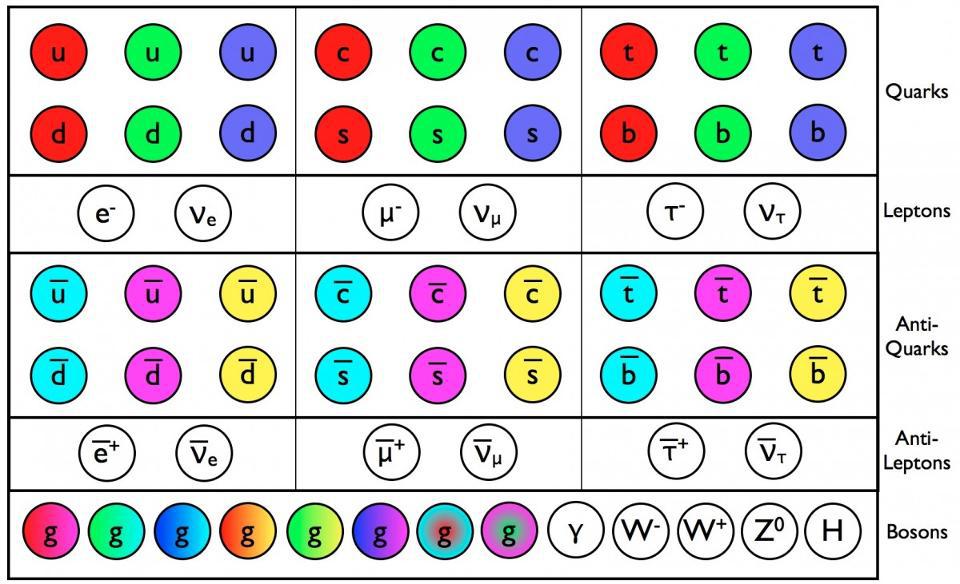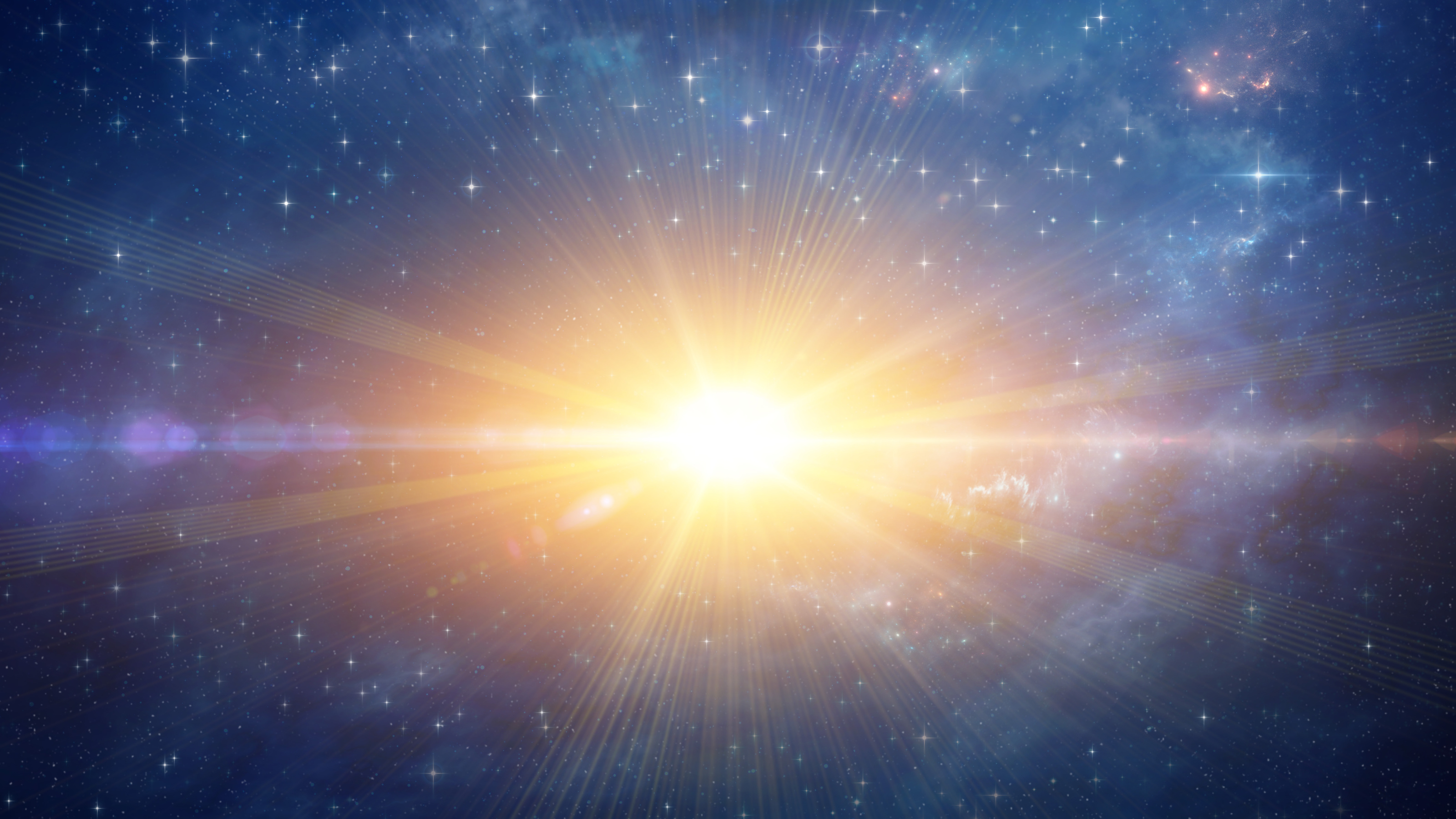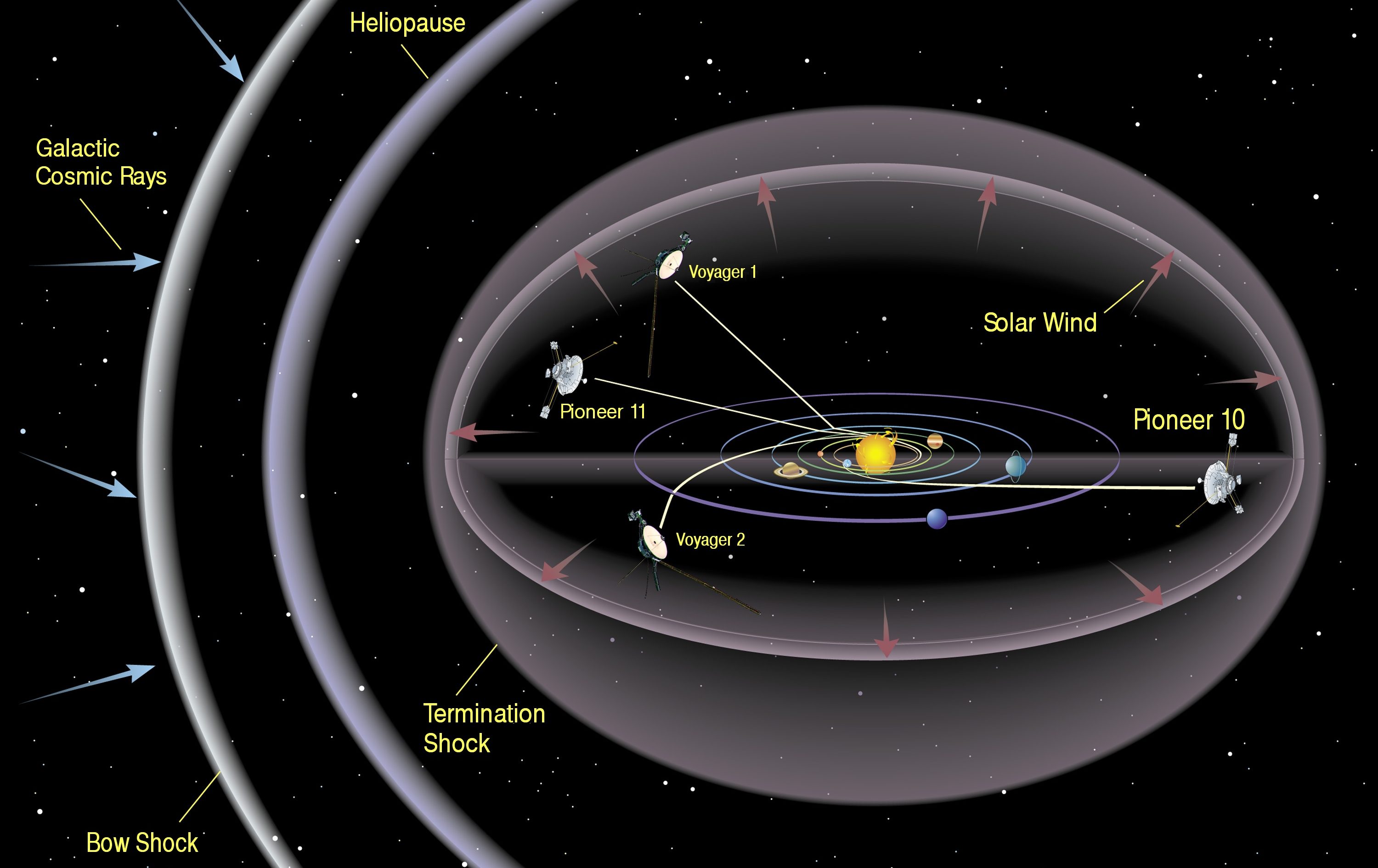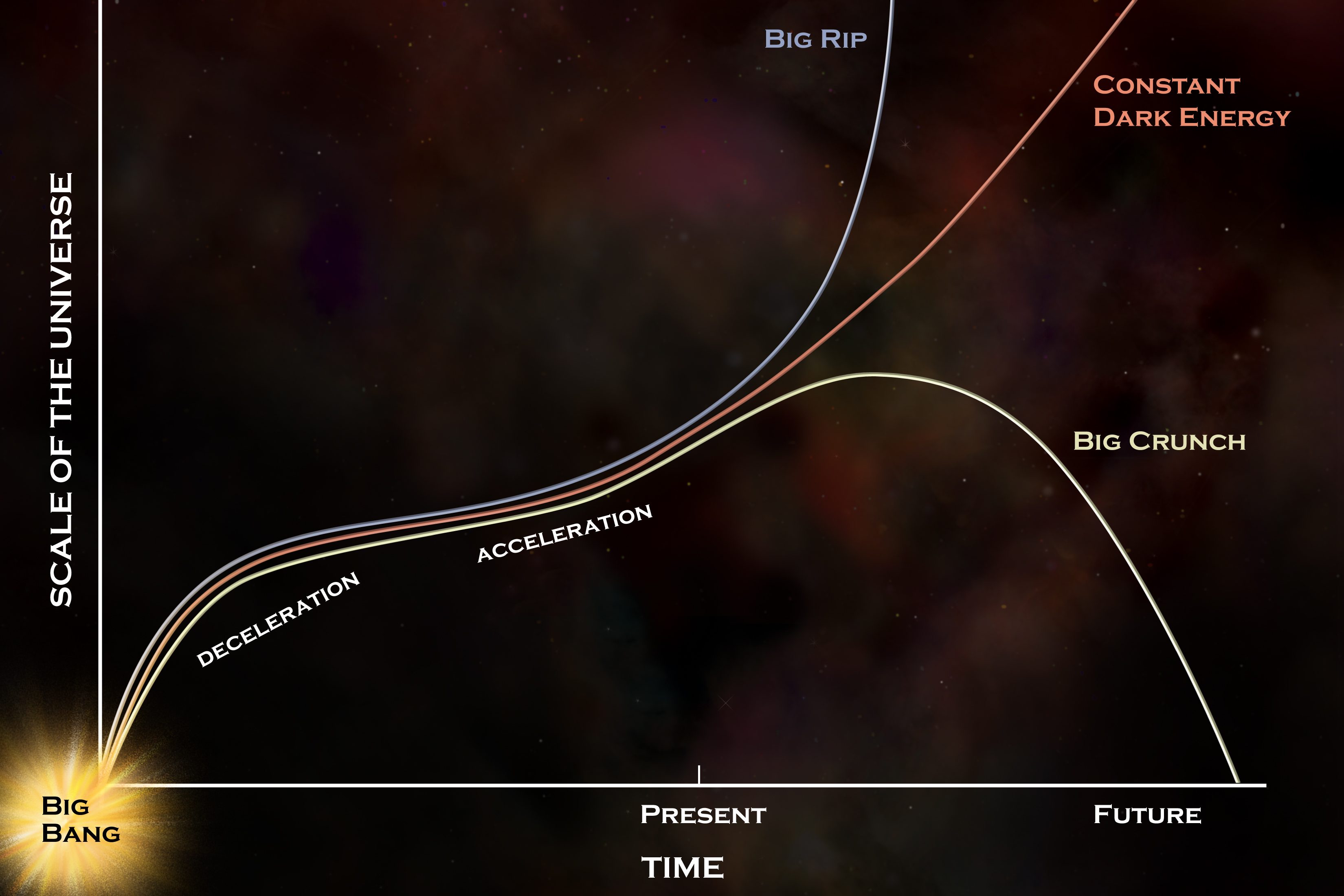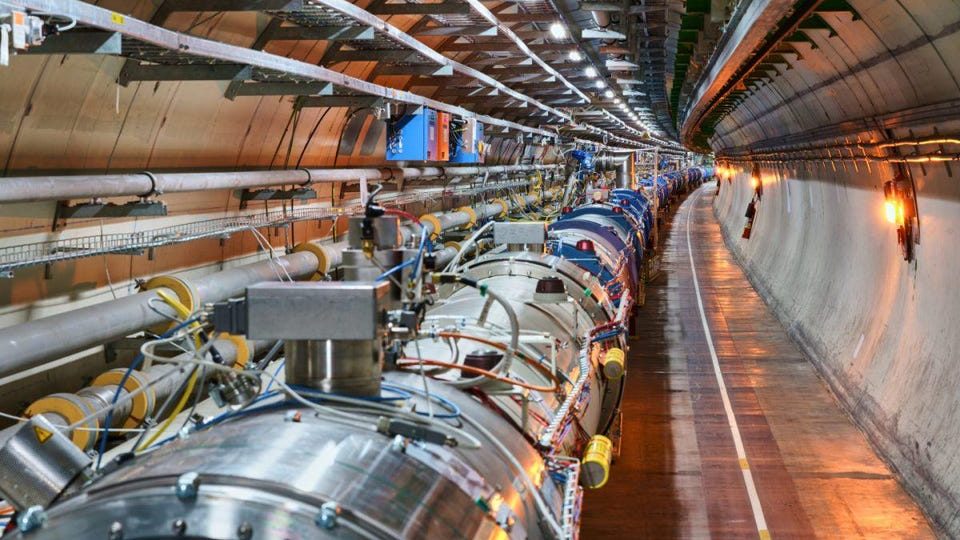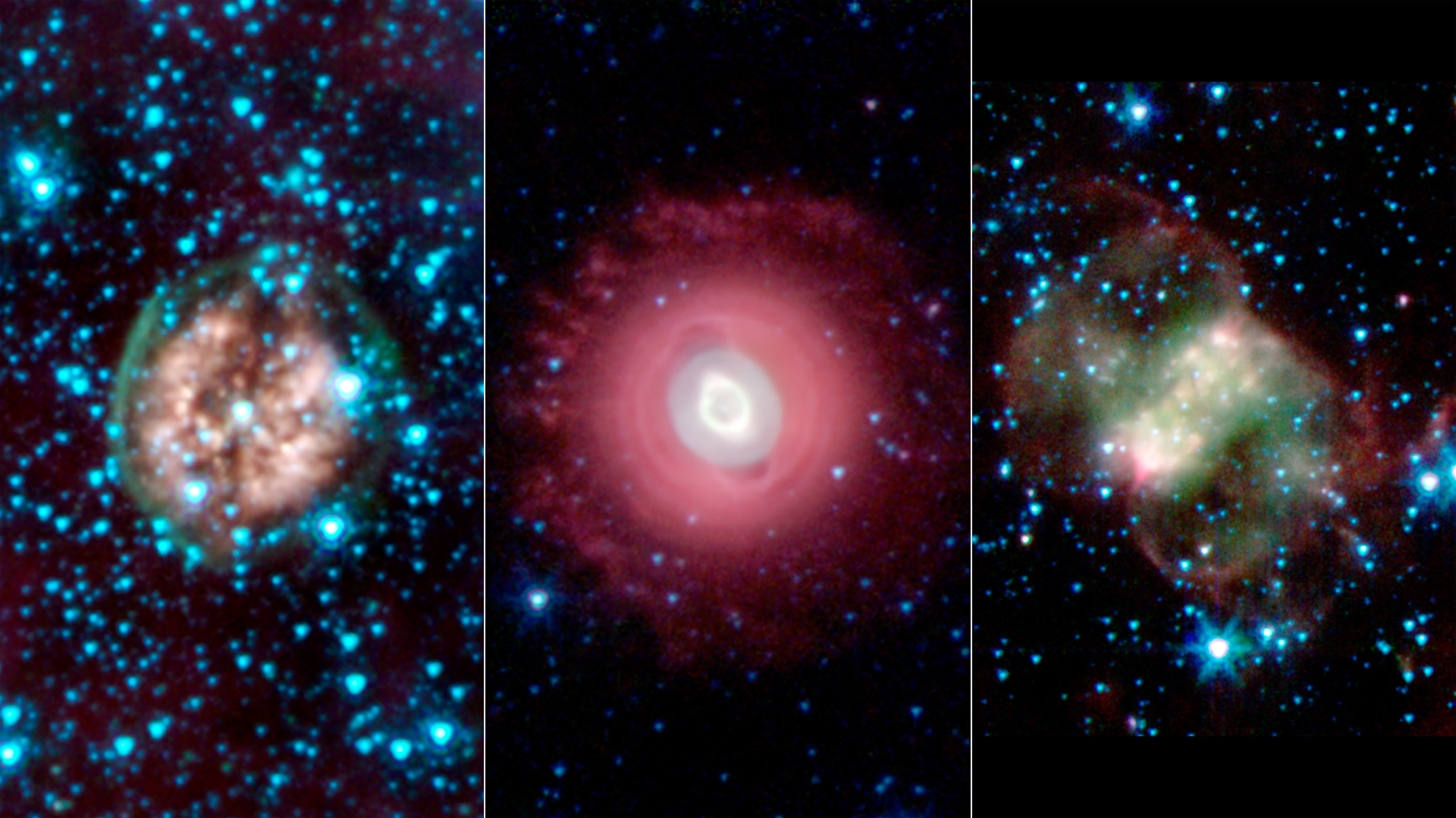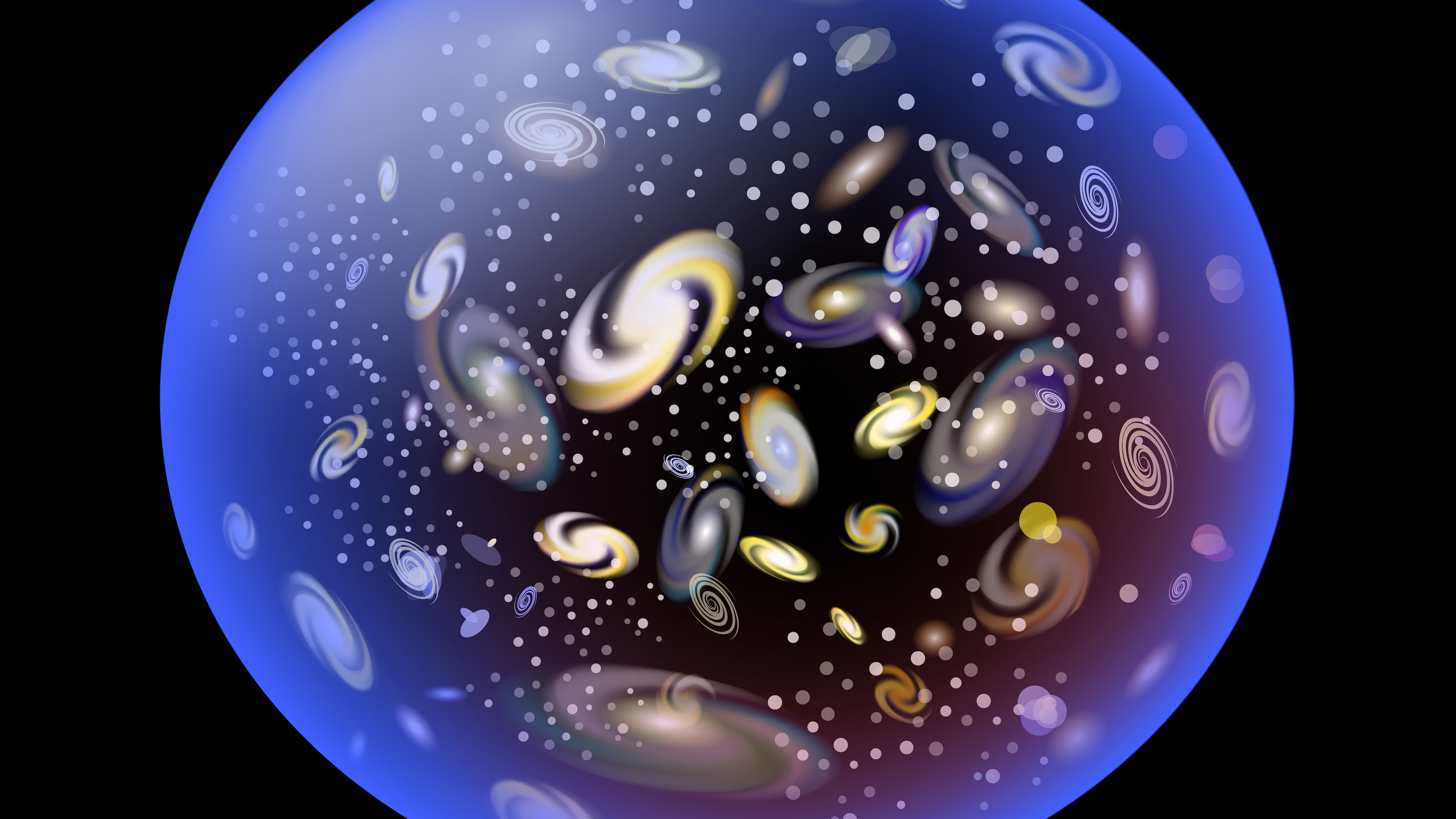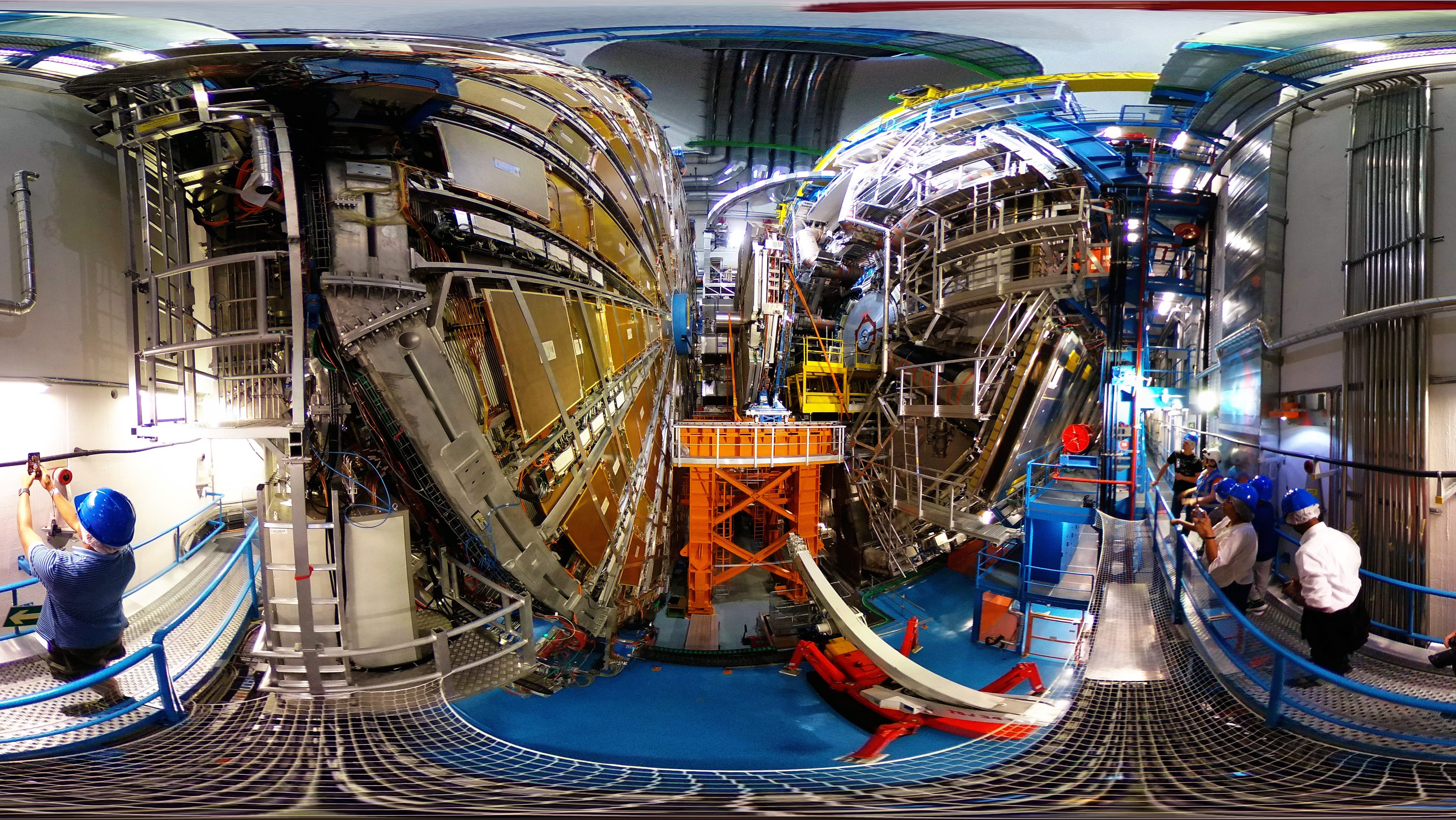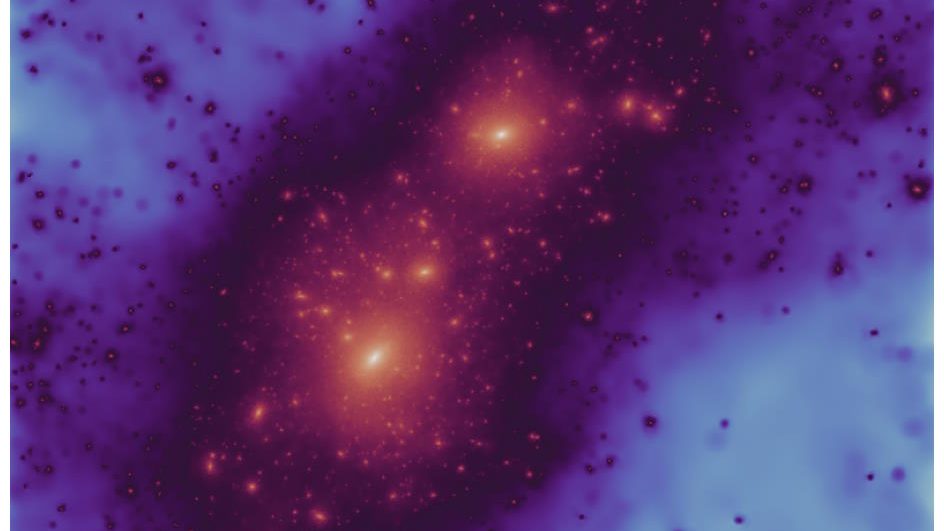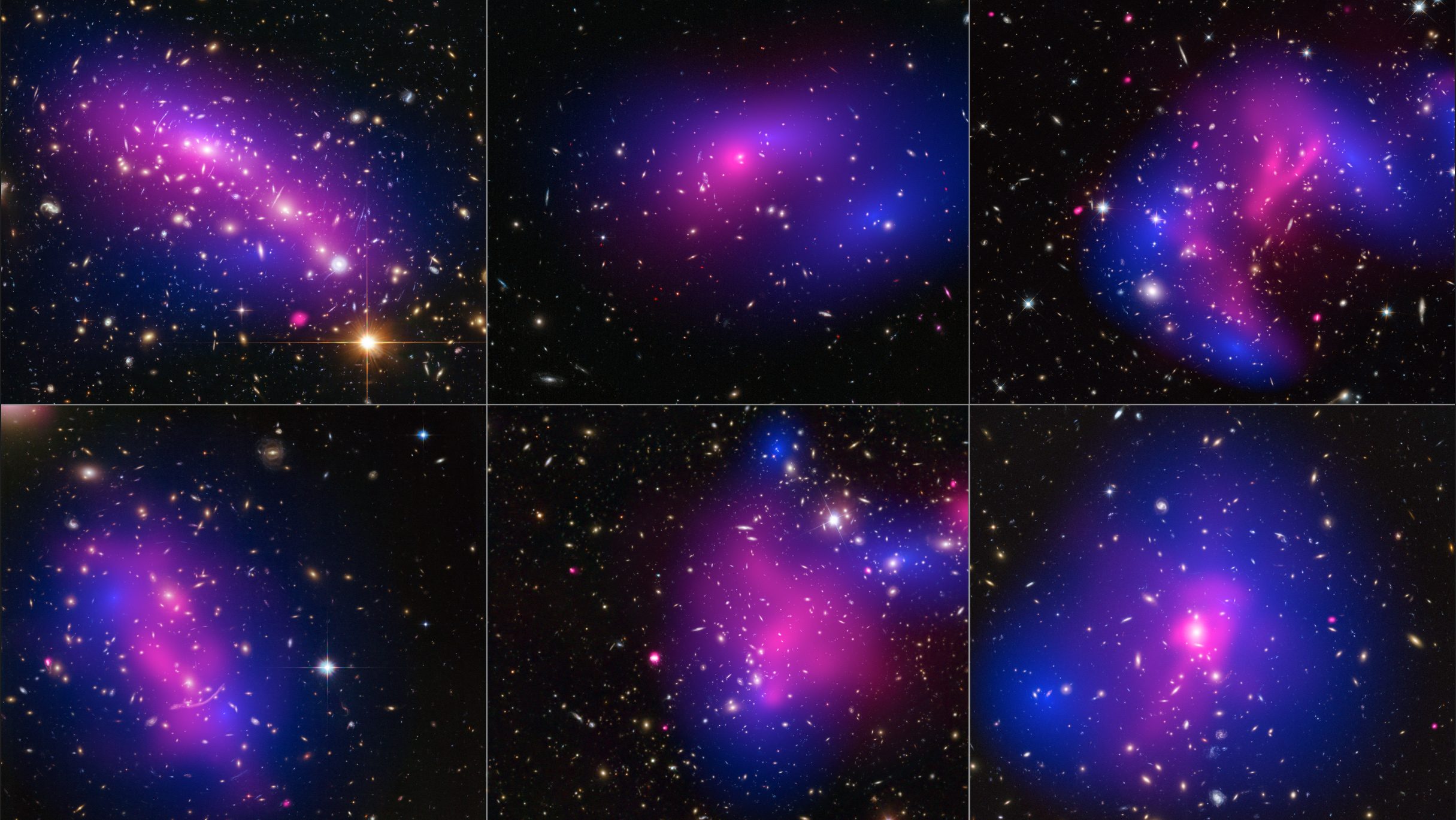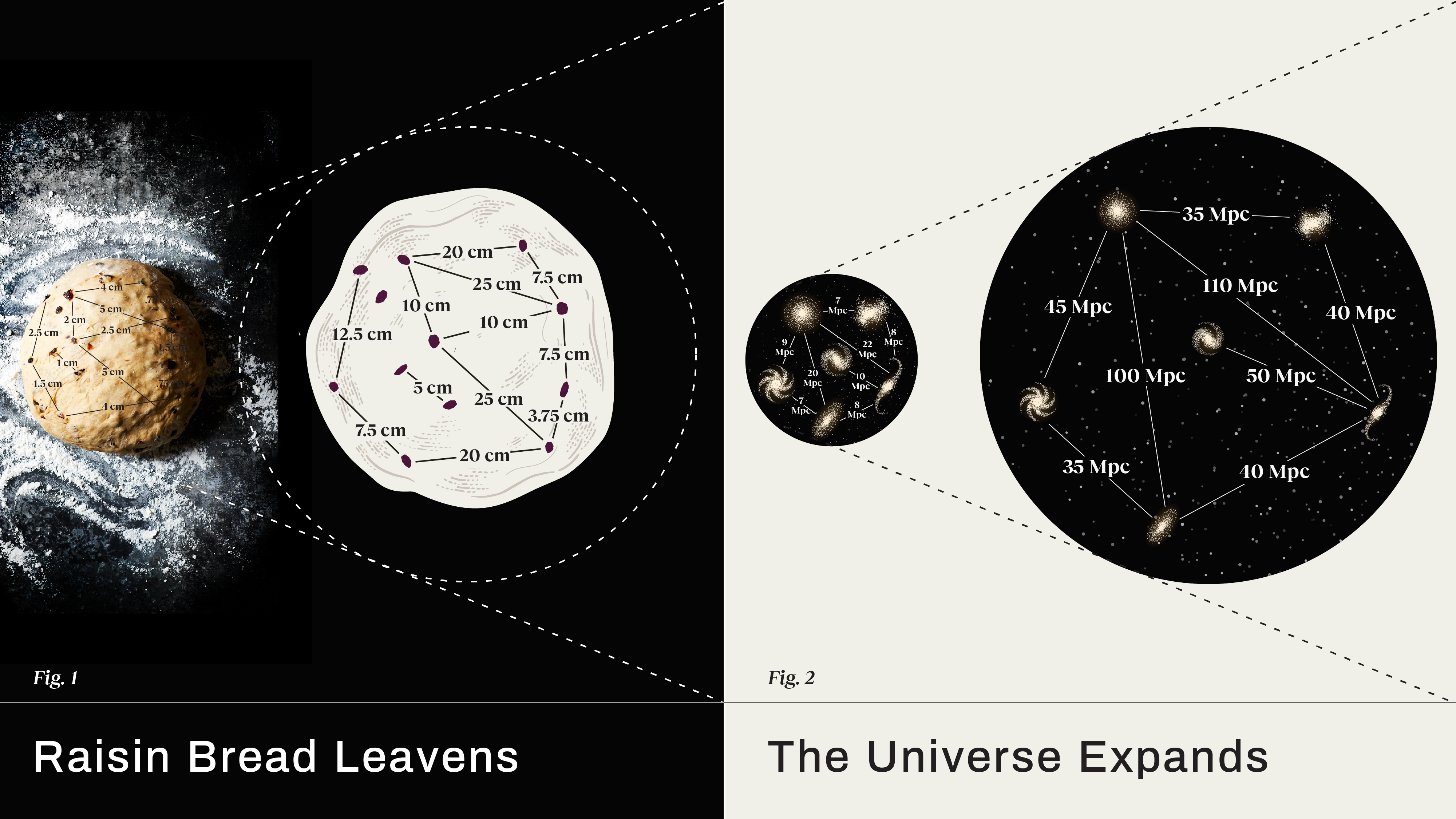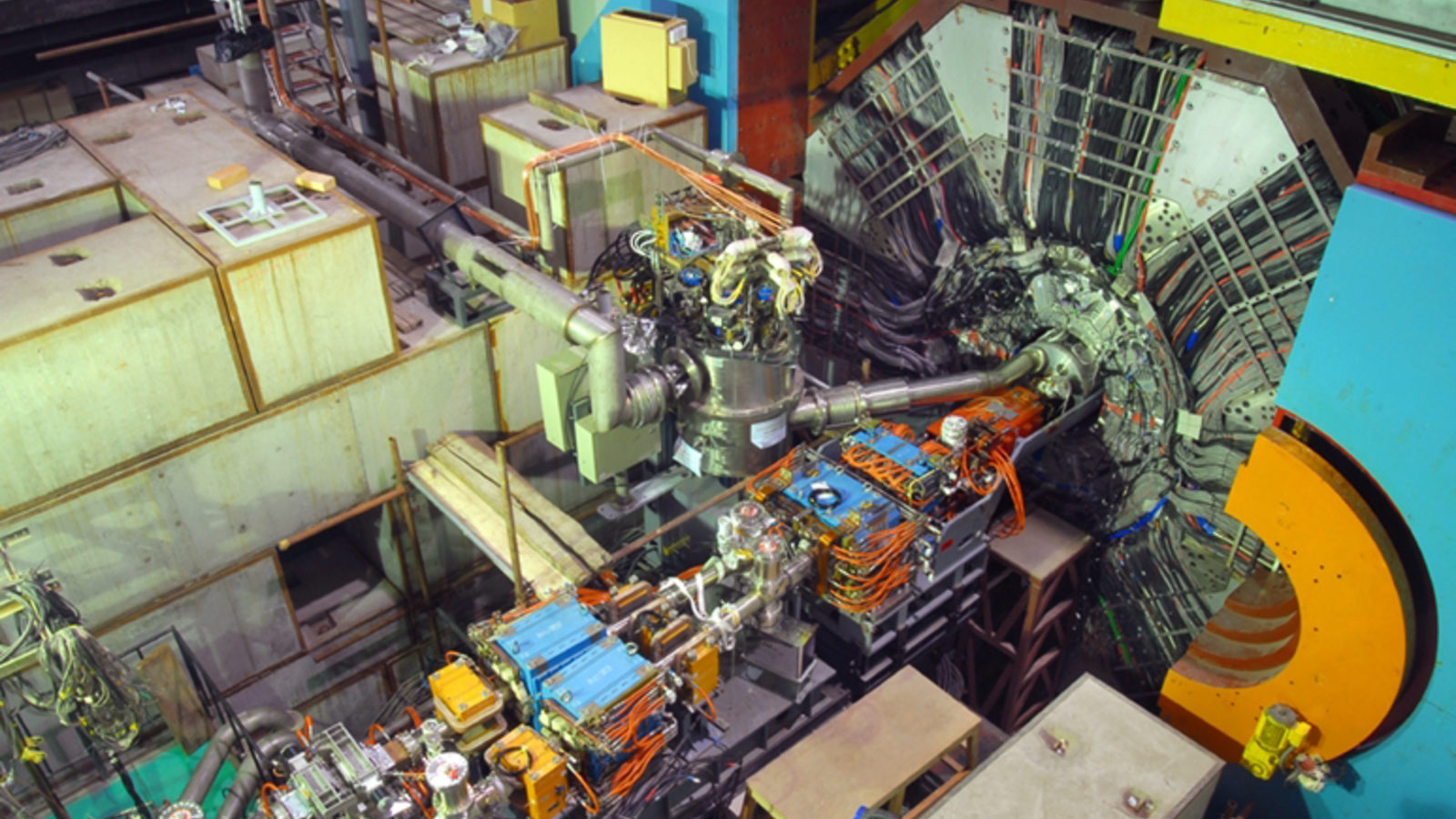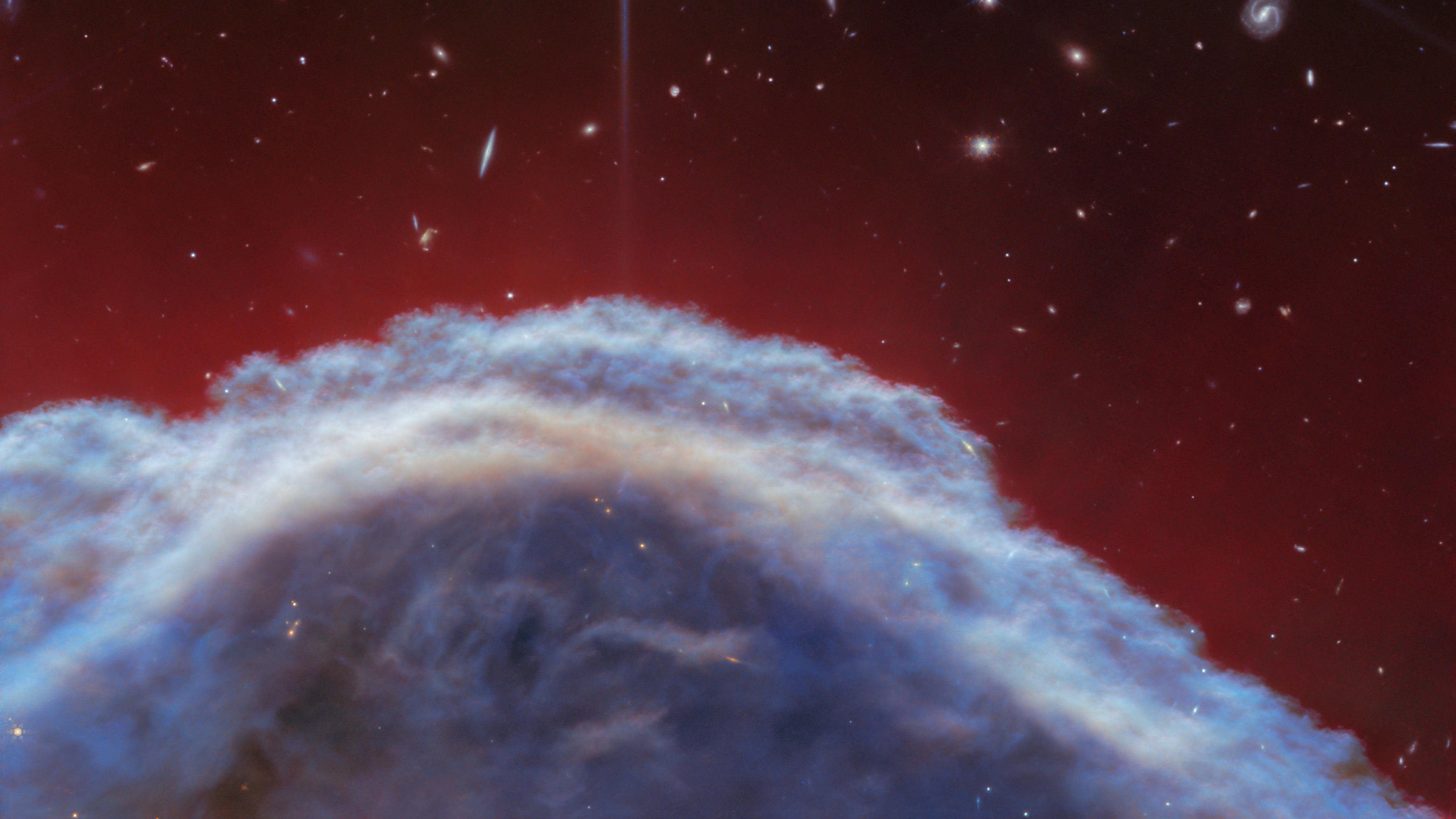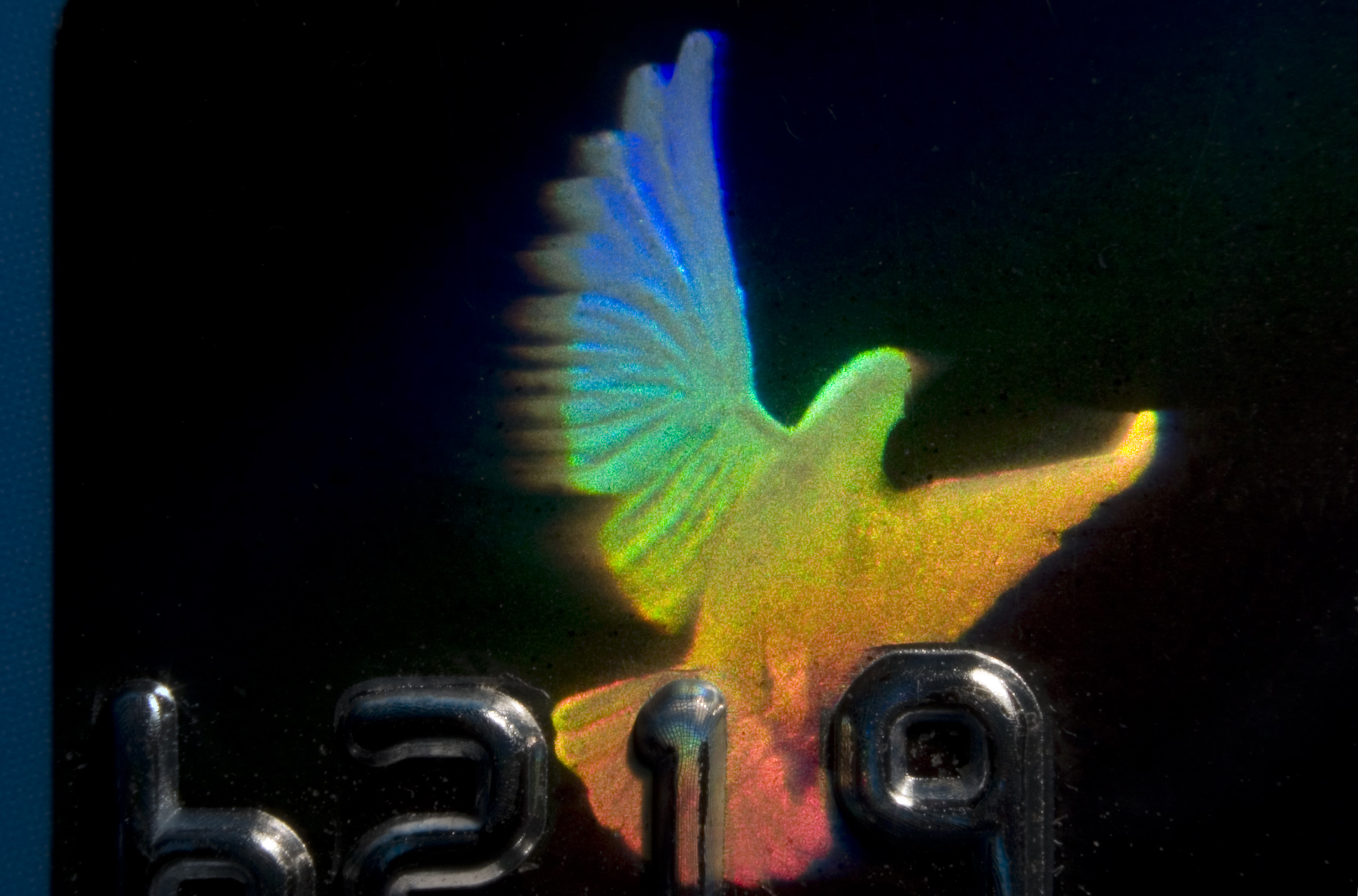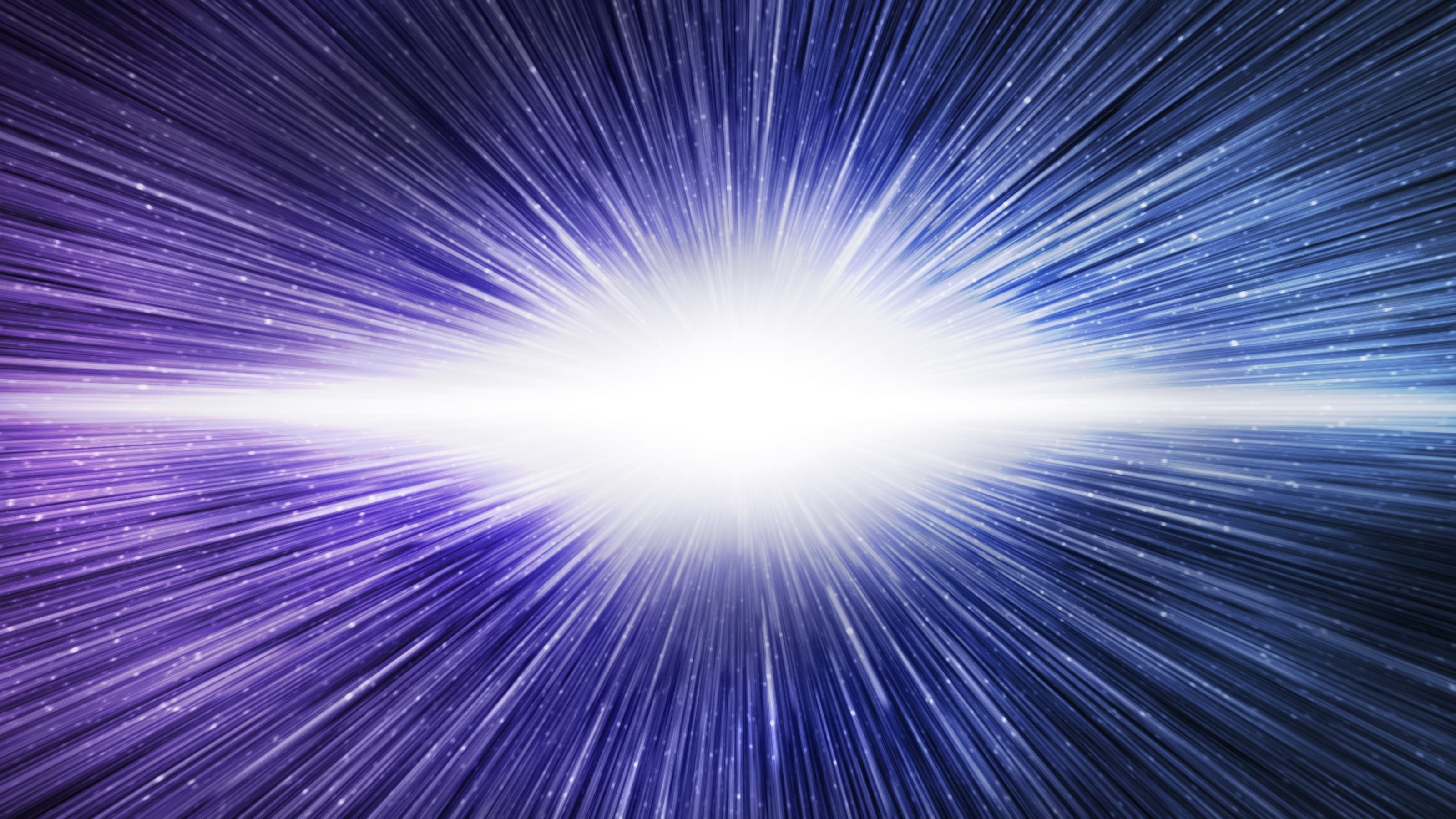Newborn stars are surrounded only by a featureless disk. Debris disks persist for hundreds of millions of years. So when do planets form?
In December 1968, human beings made their first-ever journey to the Moon aboard Apollo 8. Their most important discovery? Planet Earth.
Out beyond Neptune are some fascinating bodies left over from our Solar System’s formation. Could one of them truly be spectacular?
From forming bound states to normal scattering, many possibilities abound for matter-antimatter interactions. So why do they annihilate?
SARS-CoV-2 first emerged in humans in 2019. Despite much noise generated by lab leak proponents, the evidence indicates a natural origin.
On June 20, 2024, the summer solstice occurs at its earliest moment since 1796: when George Washington was President of the USA. Here’s why.
There are two different ways to measure the expansion rate of the Universe, and they don’t agree. And no, new measurements don’t help.
A new all-time record! JWST’s discovery of JADES-GS-z14-0 pushes the earliest galaxy ever seen to just 290 million years after the Big Bang.
If you bring too much mass or energy together in one location, you’ll inevitably create a black hole. So why didn’t the Big Bang become one?
The Universe is precisely dated at 13.8 billion years old, but astronomers claim the Methuselah star is 14.5 billion years old. What gives?
It’s 2024, and we still only know of the fundamental particles of the Standard Model: nothing more. But these 8 unanswered questions remain.
Predicted way back in the 1960s, the discovery of the Higgs boson in 2012 completed the Standard Model. Here’s why it remains fascinating.
The expanding Universe, in many ways, is the ultimate out-of-equilibrium system. After enough time passes, will we eventually get there?
Some think the reason fundamental scientific revolutions are so rare is because of groupthink. It’s not; it’s hard to mess with success.
For nearly 25 years, we thought we knew how the Universe would end. Now, new measurements point to a profoundly different conclusion.
CERN’s Large Hadron Collider is the most powerful particle accelerator ever. To go even further, we’ll have to overcome something big.
In ~7 billion years, our Sun will run out of fuel and die. So will every star, eventually. Here are the different fates they’ll encounter.
The mutual distance between well-separated galaxies increases with time as the Universe expands. What else expands, and what doesn’t?
It’s not a gambit. It’s not fraud. It’s not driven by opinion, prejudice, or bias. It’s not unchallengeable. And it’s more than facts alone.
With new W-boson, top quark, and Higgs boson measurements, the LHC contradicts earlier Fermilab results. The Standard Model still holds.
The most iconic, longest-lived space telescope of all, NASA’s Hubble, is experiencing orbital decay as the solar cycle peaks. Here’s why.
The galactic center is home to the most powerful engine in the Milky Way: a supermassive black hole. How does its energy ultimately escape?
We normally think of dark matter as the “glue” that holds galaxies and larger structures together. But it’s so much more than that.
There are many theories of gravity out there, and many interpretations of wide binary star data. What have we really learned from it all?
The evidence that the Universe is expanding is overwhelming. But how? By stretching the existing space, or by creating new space itself?
In 2017, we detected gold being forged in a neutron star-neutron star merger. Now, in 2024, the amounts created simply don’t add up.
Glueballs are an unusual, unconfirmed Standard Model prediction, suggesting bound states of gluons alone exist. We just found our first one.
The most iconic “dark nebula” of all lights up under JWST’s infrared gaze. Here’s what’s newly discovered inside.
Holograms preserve all of an object’s 3D information, but on a 2D surface. Could the holographic Universe idea lead us to higher dimensions?
In general relativity, white holes are just as mathematically plausible as black holes. Black holes are real; what about white holes?

